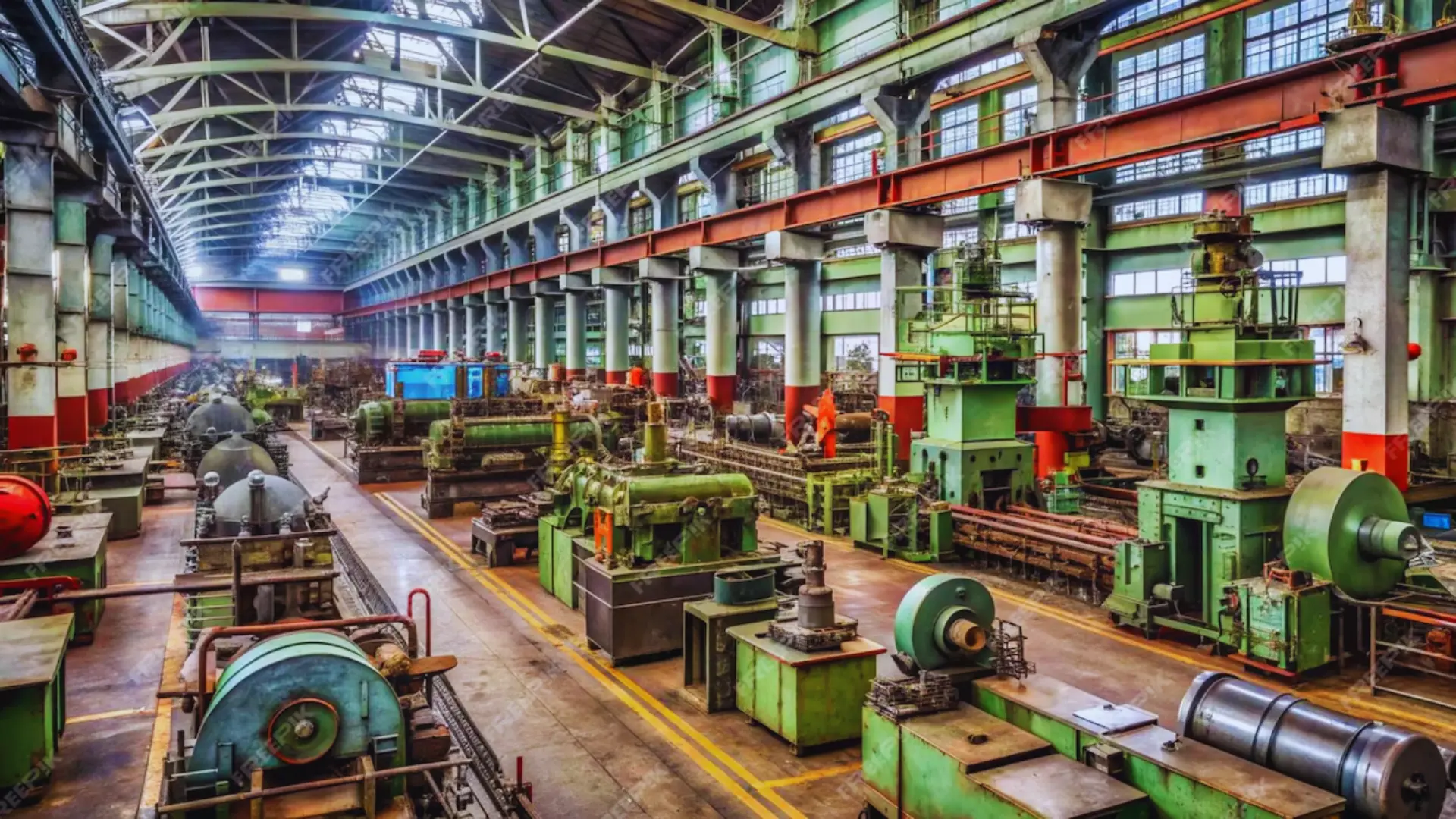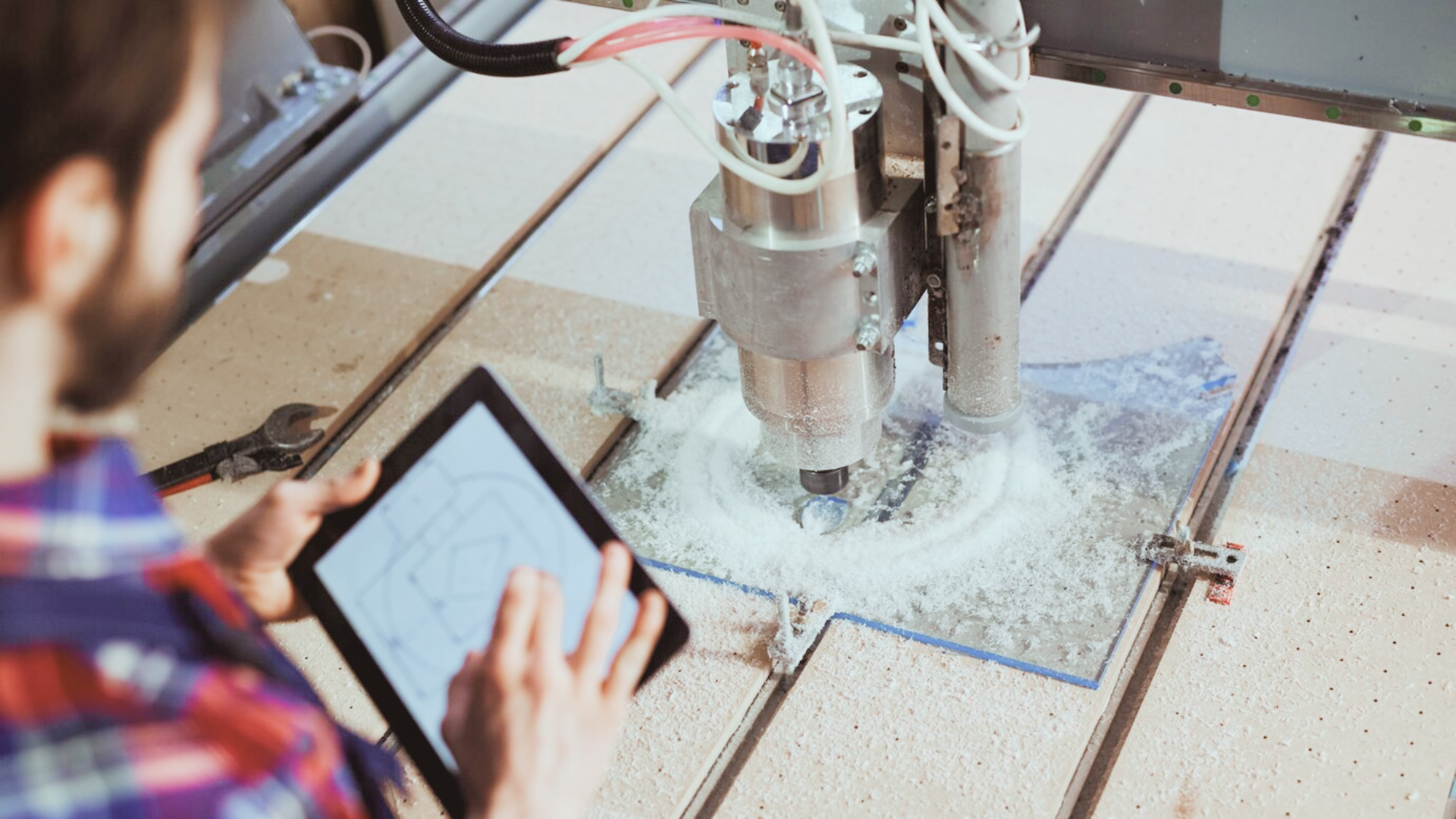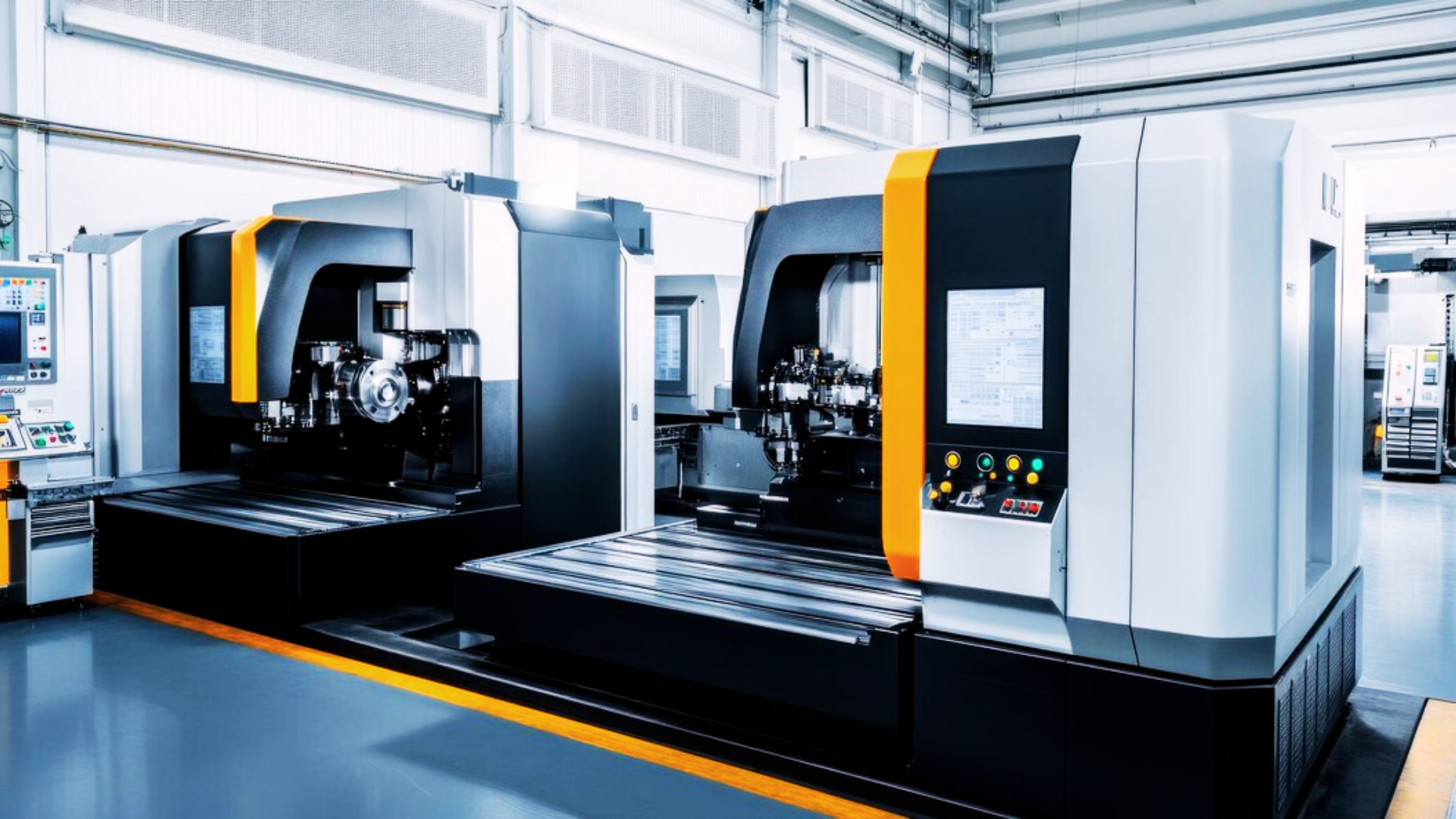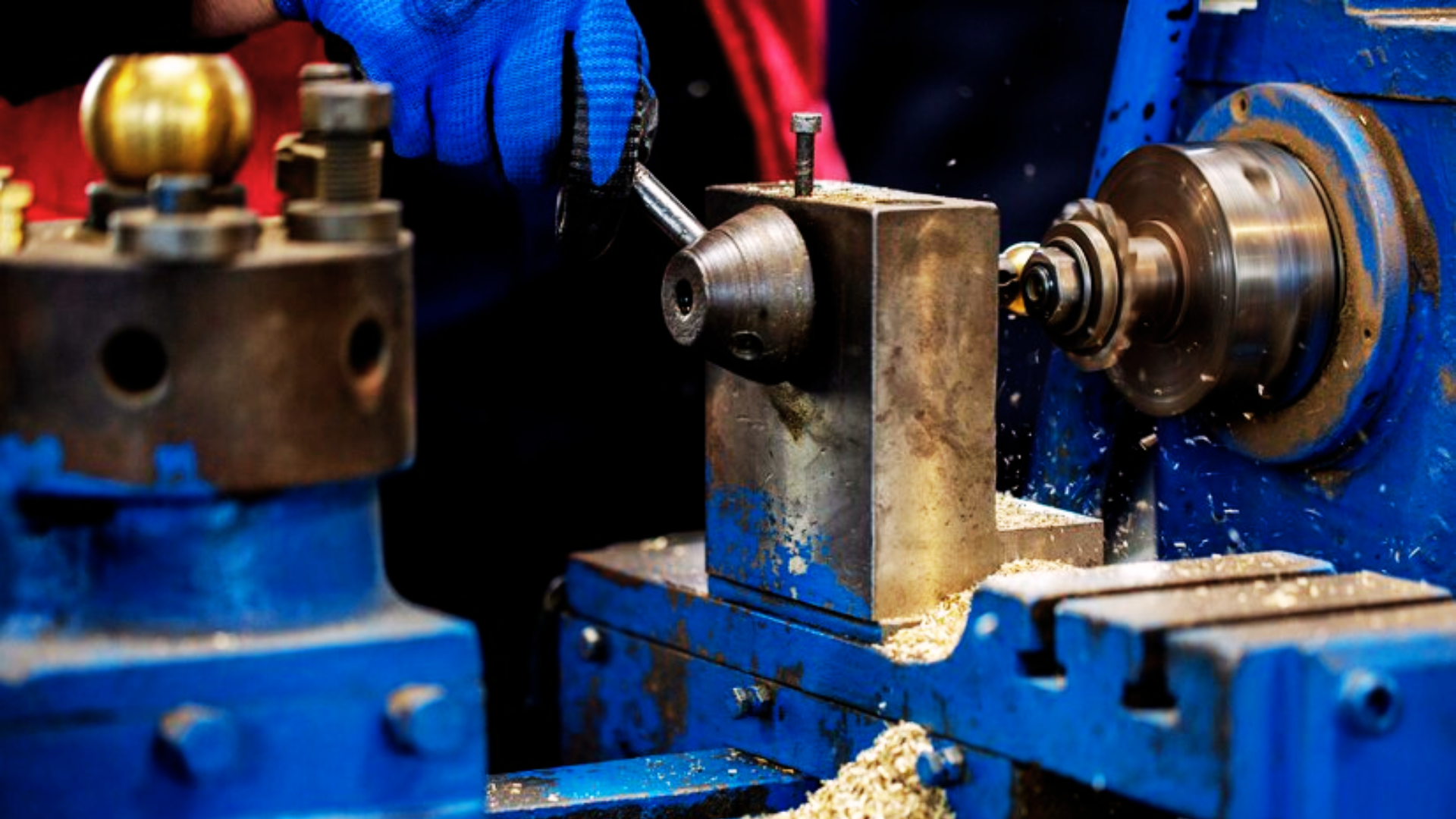India’s Micro, Small, and Medium Enterprises (MSMEs) are the backbone of the country’s economy. They drive innovation, create employment, and fuel regional development. In spite of this, one of the most common challenges these businesses face is access to working capital or funds for upgrading or purchasing machinery.
A machinery loan is a financial product designed to help businesses acquire new or used machinery and equipment. Machinery loans can be a game-changer, enabling MSMEs to enhance productivity, improve product quality, and stay competitive. For instance, a small textile firm in Coimbatore could invest in automated looms to boost production efficiency. At the same time, a dairy unit in Gujarat might acquire advanced pasteurisation equipment to meet growing demand. These examples show how the proper financial support can help businesses scale new heights.
But how does one go about securing such a loan in the Indian market?
This guide can help both seasoned entrepreneurs and first-time borrowers take the right steps toward business growth. It walks you through the details of machinery loans and the best way to procure them.
Machinery Loans for MSMEs: The Key to Business Growth
Machinery plays an important role in ensuring operational efficiency and scalability. Without adequate machinery, MSMEs risk falling behind competitors who are better equipped to handle market demands. Upgrading to modern equipment can:
- Reduce production costs by streamlining operations and minimising waste, allowing businesses to allocate savings to other critical areas.
- Improve product quality with precision engineering and advanced features, helping businesses meet customer expectations and boost brand reputation.
- Enable businesses to meet larger orders by increasing production capacity and reducing turnaround times, ensuring they can scale without compromising quality.
- Help meet compliance with industry standards by incorporating the latest technology and safety features, which are often mandatory for regulatory approvals.
Machinery loans provide MSMEs the means to stay competitive and adapt to evolving market demands.
Government Schemes and Initiatives for MSMEs in India
The Indian government has introduced several schemes and MSME loans to support MSMEs in accessing machinery loans. Here are some key initiatives:
Credit Guarantee Fund Trust for Micro and Small Enterprises (CGTMSE)
Under the CGTMSE scheme, MSMEs can avail collateral-free loans up to ₹1 crore to ensure cash flow or upgrade machinery. The government guarantees a significant portion of the loan, reducing the risk for lenders and encouraging them to extend credit to small businesses.
PMEGP (Prime Minister’s Employment Generation Programme)
The PMEGP programme provides financial assistance to MSMEs for setting up or upgrading their units. Entrepreneurs can use the funds to purchase machinery, among other expenses.
Stand-up India Scheme
Targeted at women and SC/ST entrepreneurs, the Stand-up India scheme offers loans between ₹10 lakh and ₹1 crore. The funds can be used for acquiring machinery and other business needs.
These initiatives underscore the government’s commitment to empowering MSMEs and fostering an environment conducive to growth. Recently, schemes like CGTMSE have expanded their coverage limits, while digital platforms have streamlined loan applications for quicker approvals.
Pradhan Mantri Mudra Yojana (PMMY)
The Pradhan Mantri Mudra Yojana (PMMY) offers small businesses loans without collateral requirements up to ₹10 lakh in three categories:
· Shishu – Loans up to ₹ 50,000.
· Kishore – Loans between ₹ 50,000 to ₹ 5,00,000.
· Tarun – Loans between ₹ 5,00,000 to ₹ 10,00,000
Steps to Secure a Machinery Loan for MSMEs in India
The incentive schemes and machinery loans cater to the diverse financial needs of the MSME sector, helping them expand and grow and contribute to the country’s economic growth. Here’s how you can get started with the process of securing a machinery loan:
Assess your Requirements
Begin by identifying the machinery you need and its cost. Research the market to understand the specifications and benefits of different options. For example, if you’re running a printing business, determine whether you need an offset printer or a laserjet one, considering factors like production volume and print quality.
Prepare a Solid Business Case
Lenders want assurance that their funds will be put to productive use and returned at the right time. Prepare a detailed proposal highlighting the following:
· The type of machinery you intend to purchase
· How it will enhance your operations
· Expected ROI
For instance, explain how a new CNC machine will reduce production time, improve precision, and increase profitability.
Check eligibility criteria
Different lenders have different eligibility requirements and need different documents, but some common ones are:
· Proof of business registration
· Financial statements (e.g., balance sheets, profit & loss statements)
· Bank account statements
· Credit score (typically 650 or above)
Compare Lenders and Loan Options
Instead of settling for just any or the first loan offer you receive, compare different offers from multiple lenders in terms of their fees, rates of interest, etc. Some banks and NBFCs (Non-Banking Financial Companies) specialise in helping MSMEs looking for machinery loans in India and may offer better solutions.
Submit your Application
Once you’ve chosen a lender, start the application process along with the required documents. Be thorough and ensure all paperwork is complete to avoid delays.
Await Approval and Disbursement
This process of reviewing your application and then disbursing the funds upon loan approval can take a few days, depending on the financial institution (lender).
Conclusion
Access to machinery loans can be a turning point for MSMEs in India, enabling them to modernise operations, boost productivity, and compete effectively. Following a structured approach to research the available options and government initiatives, entrepreneurs can secure the funding they need to unlock growth.
If you’re ready to take the next step in your business journey, start exploring flexible MSME equipment financing options today to invest in your future success.
FAQs
Who is eligible for an MSME machinery loan subsidy?
Eligibility varies by scheme. Generally, businesses registered as MSMEs under the Udyam Registration portal and meeting specific turnover criteria, such as an annual turnover of up to ₹250 crore for medium enterprises, can apply.
Is a machinery loan secured or unsecured?
A machinery loan can be secured or unsecured based on the lender and loan type you choose. Many machinery loans are secured and require collateral, such as the machinery itself or other assets. On the other hand, schemes like CGTMSE offer unsecured loans to reduce the burden on MSMEs.
Can machinery be used as collateral?
Yes, machinery is often accepted as collateral. For instance, if you’re purchasing heavy-duty industrial equipment, the lender may use it as security for the loan.
What is the minimum credit score for equipment financing?
Most lenders require a credit score of 650 or above. Maintaining a good credit score improves your chances of approval and may also fetch you better interest rates.




